Latest News from the Gambling World | Gambling.com USA
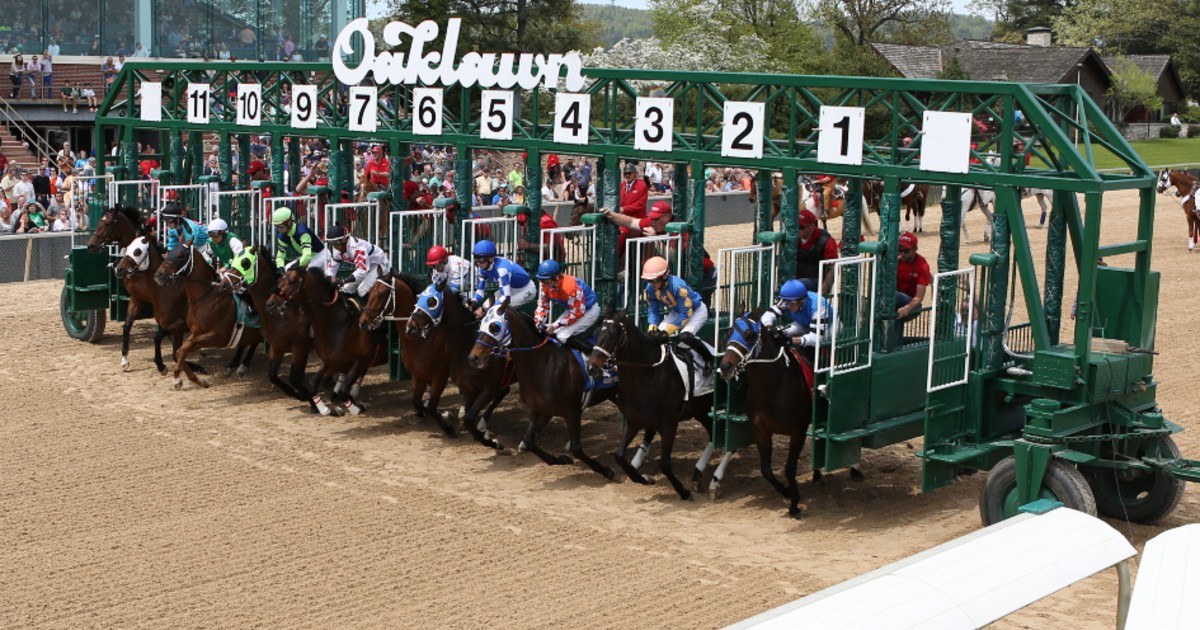
2 min read
By mid-March, DraftKings and FanDuel might be able to accept sports bets in Arkansas.
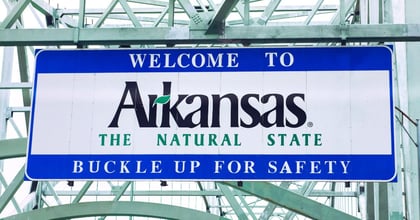
2 min read
DraftKings, FanDuel apps could be available in Arkansas in time for March Madness.

2 min read
The NHL regular season ends April 16, followed by the Stanley Cup playoffs.
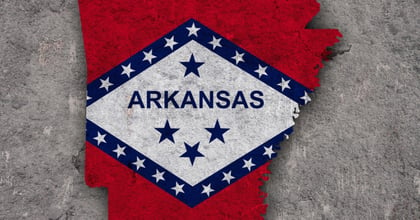
3 min read
The Arkansas Racing Commission meeting is set for 11 a.m. CT on Thursday in Little Rock.

2 min read
The fight this September will be streamed live on Netflix.
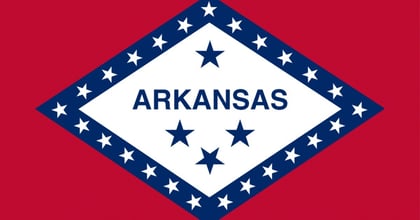
3 min read
DraftKings and FanDuel would be allowed to operate in Arkansas immediately upon Racing Commission ap...
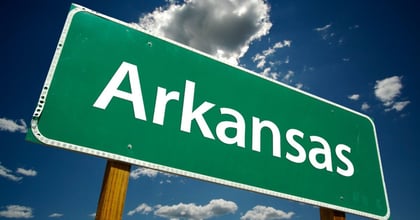
2 min read
If approved, DraftKings and FanDuel could begin operating mobile sports betting in Arkansas right aw...

3 min read
Circus Circus bucks trend toward higher prices on Las Vegas Strip.

2 min read
Team USA is one of the favorites to take home a medal from the 2026 Winter Olympics in Italy.

2 min read
The Athletics will play the Brewers and Rockies in Las Vegas this summer.

2 min read
Gambling.com looks at customer reviews to find out which tribal casino is luckiest.

2 min read
Major League spring training begins this week, and college games are underway.

2 min read
Super Bowl 60 between the Patriots and Seahawks is set for Feb. 8 in Santa Clara, CA.
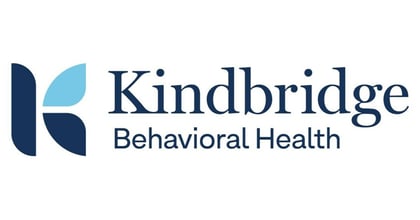
3 min read
Kindbridge Behavioral Health & Axis Integrated Mental Health unite to assist Coloradans.

2 min read
The 2026 Super Bowl is Sunday, Feb. 8, between the New England Patriots and Seattle Seahawks.

2 min read
On this episode of "The Edge," the VP of trading for Caesars & William Hill discusses Super Bowl bet...
1 – 15 out of 60


